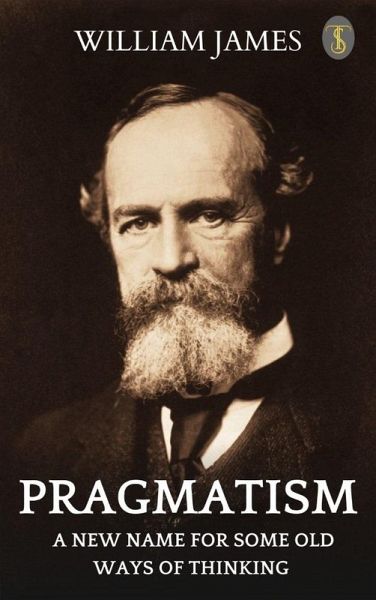
Pragmatism: A New Name for Some Old Ways of Thinking (eBook, ePUB)
Sofort per Download lieferbar
0,99 €
inkl. MwSt.
Weitere Ausgaben:

PAYBACK Punkte
0 °P sammeln!
"Pragmatism: A New Name for Some Old Ways of Thinking" is a philosophical work written by William James and published in 1907. The book presents James's influential ideas on pragmatism, a philosophical approach that emphasises the practical consequences and usefulness of beliefs and ideas. In "Pragmatism," James argues against the traditional view of philosophy as abstract speculation and instead advocates for a practical and pragmatic approach to philosophical inquiry. He explores the pragmatic method, which focuses on the practical consequences of beliefs and the verification of ideas throug...
"Pragmatism: A New Name for Some Old Ways of Thinking" is a philosophical work written by William James and published in 1907. The book presents James's influential ideas on pragmatism, a philosophical approach that emphasises the practical consequences and usefulness of beliefs and ideas. In "Pragmatism," James argues against the traditional view of philosophy as abstract speculation and instead advocates for a practical and pragmatic approach to philosophical inquiry. He explores the pragmatic method, which focuses on the practical consequences of beliefs and the verification of ideas through their practical effects. James discusses the role of experience, truth, knowledge, and the relationship between beliefs and action. The book is highly influential in the field of philosophy, as it offers a fresh perspective on truth, meaning, and the nature of philosophical inquiry. James's engaging writing style and clear explanations make the book accessible to both scholars and general readers interested in philosophy.
Dieser Download kann aus rechtlichen Gründen nur mit Rechnungsadresse in A, D ausgeliefert werden.













